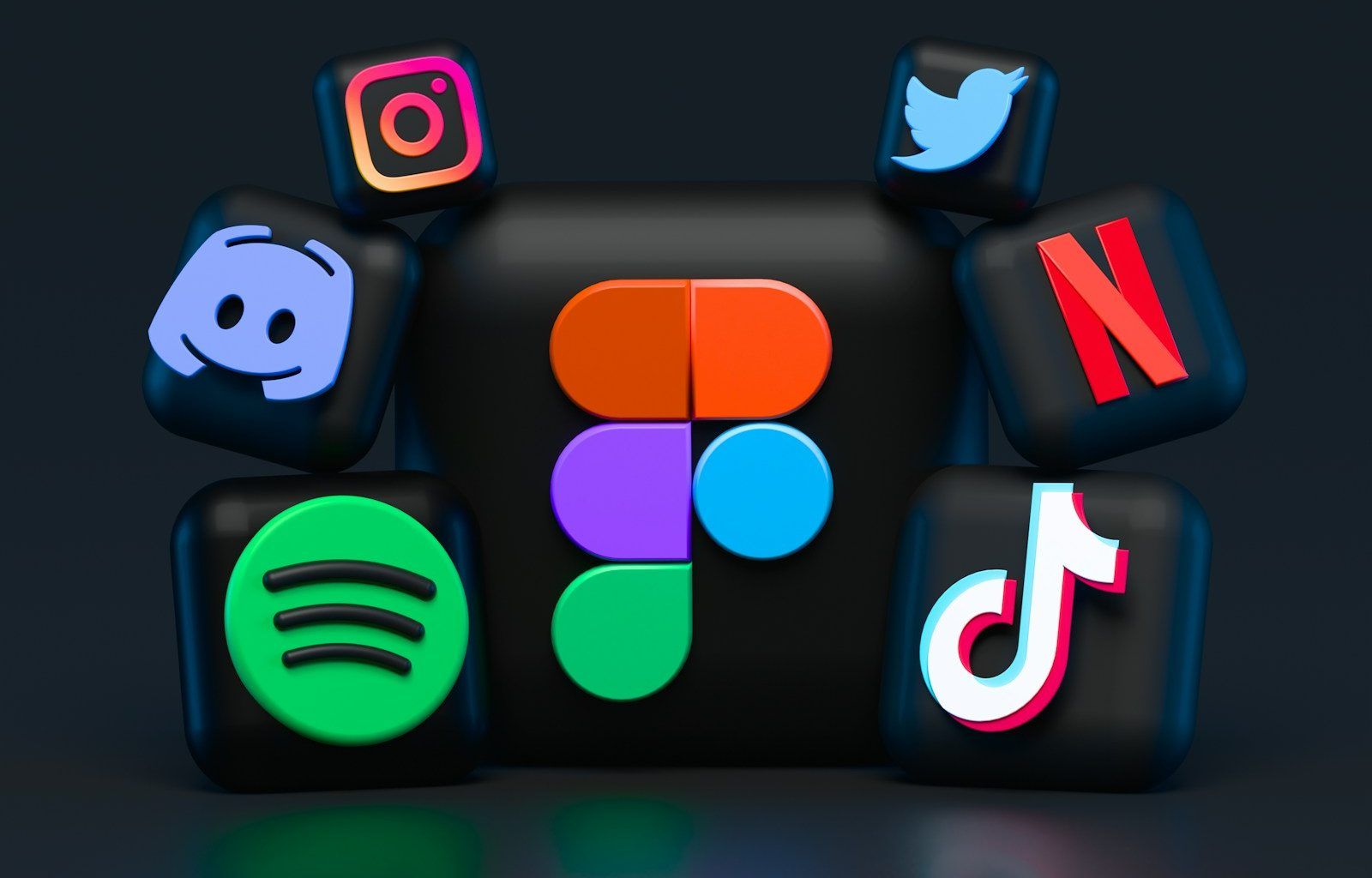Are you an artist who streams music on Spotify and wants to understand how much you can earn? You’re not alone! Many artists find themselves confused about Spotify royalties and how to calculate their payouts. That’s where a royalty calculator for Spotify comes in. It’s a handy tool that helps you get an estimate of how much money you’re making from your streams.
In this blog, we’ll break everything down for you in plain and simple language. We’ll explain what Spotify royalties are, how they work, and how you can use a Spotify royalty calculator to predict your income. We’ll also discuss factors that affect royalties and tips to maximize your earnings. Let’s get started!
What Are Spotify Royalties?
Before we dive into the Spotify royalty calculator, let’s talk about what royalties are. In simple terms, royalties are the payments artists earn when their music is streamed or downloaded. Spotify, as one of the largest music streaming platforms, pays royalties to artists based on how many times their songs are streamed.
These payouts are part of the money Spotify earns from premium subscriptions and ads. Every time someone listens to your track, you earn a fraction of a cent. While this might not sound like much at first, those small amounts can add up when your music is streamed many times.
Now, you might be wondering: How can I calculate exactly how much I’m earning from Spotify? That’s where a Spotify royalty calculator comes into play.
How Does the Spotify Royalty System Work?
To understand how to use a royalty calculator for Spotify, it’s important to know how the platform distributes payments. Spotify doesn’t pay artists a fixed rate per stream. Instead, their payment system depends on a variety of factors:
- The number of streams your song gets: More streams mean more royalties.
- Your listener’s location: Spotify pays different rates depending on the country.
- Your share of Spotify’s total streams: You earn based on your percentage of overall streams on the platform.
- agreement with a distributor or record label: If you’re working with a label, they may take a percentage of your earnings.
Due to all these factors, predicting your exact royalties can be tricky. That’s why using a Spotify royalty calculator is so helpful. It gives you a close estimate of your potential earnings.
What Is a Royalty Calculator for Spotify?
A Spotify royalty calculator is an online tool that estimates how much money you earn from streams on Spotify. By entering basic details like the number of streams your song has received, you can get an idea of your earnings.
The calculator uses average payout rates to provide an estimate. Keep in mind that this is just a rough figure, as actual payouts depend on several variables. Nevertheless, a Spotify royalty calculator is an excellent starting point for understanding your potential income.
Why Do You Need a Spotify Royalty Calculator?
As an artist, knowing your earnings helps you plan your music career. Here are some reasons why a Spotify royalty calculator is useful:
- Understand Your Revenue: It gives you clarity on how much you’re earning from streams.
- Set Realistic Goals: By knowing the payouts for a specific number of streams, you can set achievable streaming targets.
- Track Your Progress: You can use the calculator regularly to track your income growth as your audience grows.
- Plan Future Releases: Estimating your income can help you plan budgets for recording, marketing, and promotions.
Now that you know why it’s helpful, let’s see how you can use a royalty calculator for Spotify.
How to Use a Spotify Royalty Calculator
Using a Spotify royalty calculator is super easy and takes only a few minutes. Here’s a step-by-step guide to help you:
- Find a Reliable Calculator: Search for trusted Spotify royalty calculators online. Many websites offer free tools.
- Enter the Number of Streams: Input how many streams your track or album has received.
- Select Your Region (if applicable): Some calculators allow you to specify your listeners’ regions.
- Submit the Details: Hit calculate and wait for the tool to process your information.
- Review Your Results: The calculator will provide an estimated amount based on the average payout per stream.
It’s that simple! Most calculators also allow you to adjust the numbers to see how changes in your streams can impact your earnings.
How Much Does Spotify Pay Per Stream?
Spotify’s average payout per stream varies, but it typically ranges between $0.003 to $0.005. That means you earn about $3 to $5 for every 1,000 streams.
However, this figure can fluctuate depending on your listeners’ country and whether they are premium or free users. Premium users contribute more to the royalty pool because they pay for subscriptions, while free users bring in revenue through ads.
Here’s an example to make it clearer:
- If your song gets 10,000 streams and Spotify pays $0.004 per stream, you would earn around $40.
- For 100,000 streams, you would earn approximately $400.
This is why artists often focus on increasing their streams to maximize earnings. Using a Spotify royalty calculator helps you see how streams translate into income.
Factors That Affect Spotify Royalties
While the payout per stream gives you a general idea, several factors can influence your total Spotify royalties. Let’s break them down:
- Geographical Location: Spotify pays different rates in different countries. For example, streams from the United States or Europe generally pay more than streams from developing regions.
- Premium vs. Free Users: Premium subscribers contribute higher royalties compared to free-tier listeners who rely on ads.
- Total Spotify Revenue: Your payout depends on the total revenue generated by Spotify in a given period.
- Distributors and Labels: If you use a distributor like DistroKid, CD Baby, or a record label, they may take a percentage of your earnings.
- Number of Total Streams on Spotify: Your earnings depend on your share of Spotify’s global streams.
These variables mean your royalties can vary, but a Spotify royalty calculator still provides a close estimate.
How to Increase Your Spotify Streams
Now that you understand Spotify royalties, let’s discuss how to increase your streams and maximize your earnings. Here are some practical tips:
1. Promote Your Music
Promotion is key to getting more streams. Share your music on social media, email newsletters, and other platforms. Collaborate with influencers or music bloggers to reach a wider audience.
2. Get Playlisted
Being featured on popular Spotify playlists can significantly boost your streams. Submit your tracks to Spotify playlist curators and focus on getting onto playlists in your genre.
3. Engage with Your Audience
Build a strong connection with your fans. Respond to comments, share behind-the-scenes content, and keep your listeners excited about your music.
4. Release Music Regularly
The more music you release, the better your chances of getting more streams. Consistency helps you stay relevant and grow your audience over time.
5. Use Paid Advertising
Invest in ads to promote your songs. Platforms like Instagram, Facebook, and YouTube allow you to target specific audiences who are likely to enjoy your music.
Conclusion
A royalty calculator for Spotify is a must-have tool for any artist looking to understand their streaming revenue. While Spotify’s payout rates can seem small, they add up as your music reaches more listeners. By using a Spotify royalty calculator, you can set realistic goals, track your progress, and plan your music career effectively.
Remember, success on Spotify doesn’t happen overnight. Keep creating great music, promote it consistently, and engage with your fans. With time and effort, your streams will grow, and so will your earnings.
So, what are you waiting for? Use a Spotify royalty calculator today and take the first step toward understanding your music income!
For further reading, explore these related articles:
For additional resources on music marketing and distribution, visit DMT Records Pvt. Ltd..






